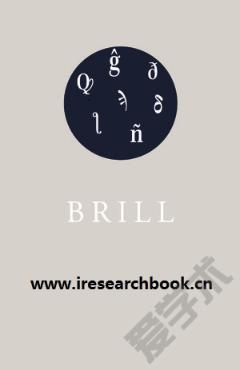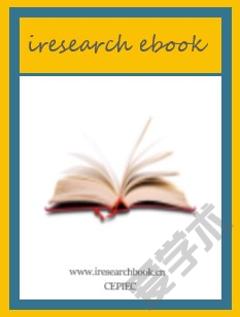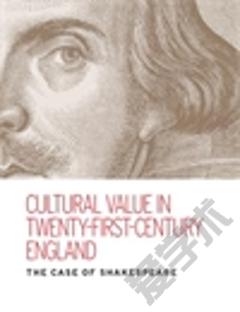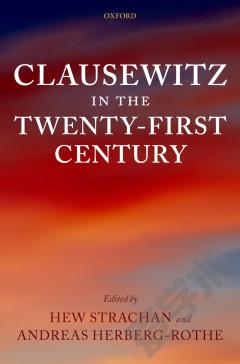Translating Shakespeare for the Twenty-First Century
Most of the contributions to Translating Shakespeare for the Twenty-First Century evolve from a practical commitment to the translation of Shakespearean drama and at the same time reveal a sophisticated awareness of recent developments in literary criticism, Shakespeare studies, and the relatively new field of Translation studies. All the essays are sensitive to the criticism to which notions of the original as well as distinctions between the creative and the derivative have been subjected in recent years. Consequently, they endeavour to retrieve translation from its otherwise subordinate status, and advance it as a model for all writing, which is construed, inevitably, as a rewriting. This volume offers a wide range of responses to the theme of Shakespeare and translation as well as Shakespeare in translation. Diversity is ensured both by the authors’ varied academic and cultural backgrounds, and by the different critical standpoints from which they approach their themes – from semiotics to theatre studies, and from gender studies to readings firmly rooted in the practice of translation. Translating Shakespeare for the Twenty-First Century is divided into two complementary sections. The first part deals with the broader insights to be gained from a multilingual and multicultural framework. The second part focuses on Shakespearean translation into the specific language and the culture of Portugal.
{{comment.content}}








 京公网安备 11010802027623号
京公网安备 11010802027623号